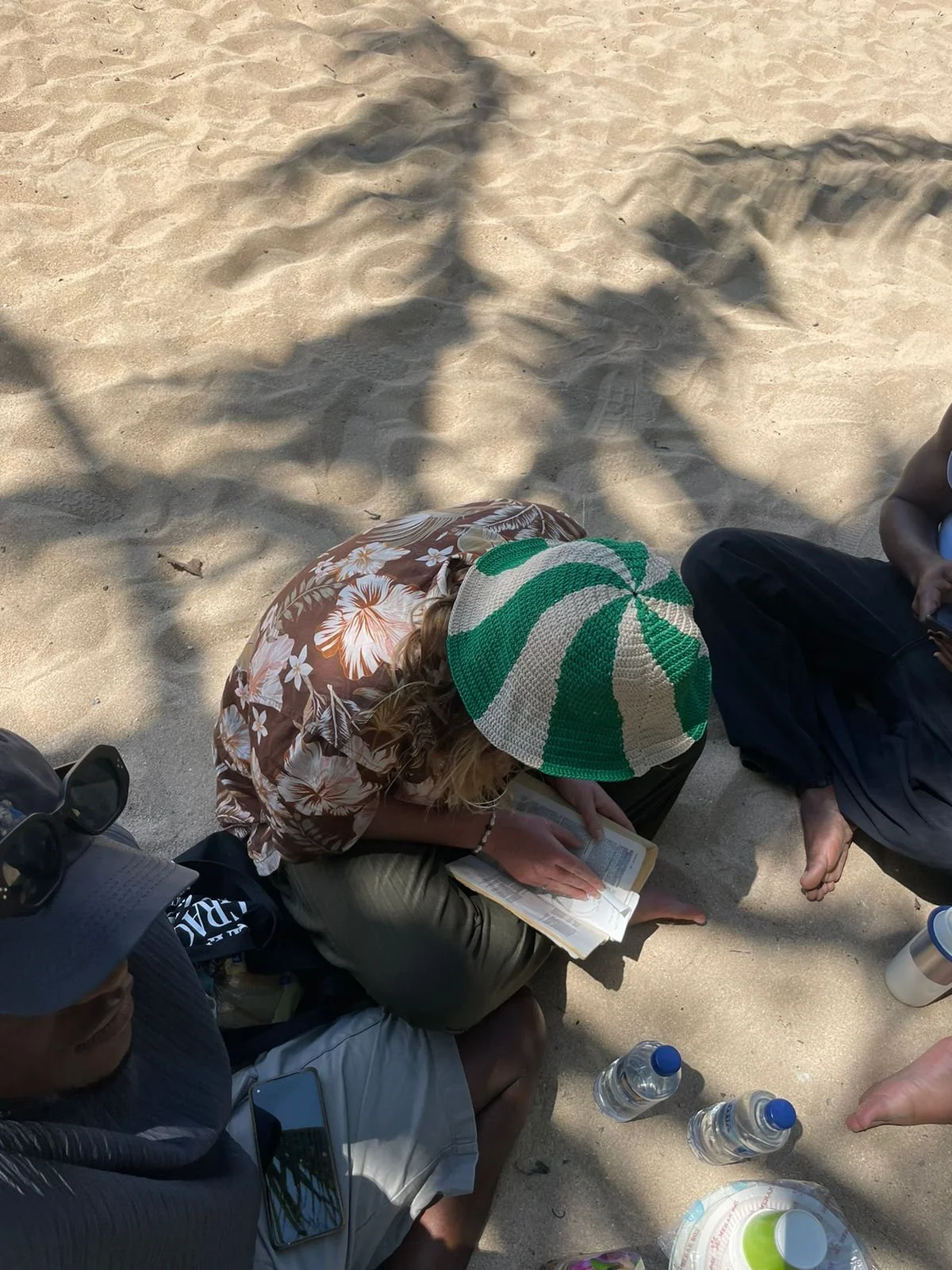IIn 2 Samuel 10, David, known for his appreciation and honour (as seen in his previous actions, such as with the house of Saul), seeks to show kindness to Hanun, the new king of the Ammonites, after the death of Hanun’s father, Nahash. David sends a delegation to express condolences and goodwill, motivated by the positive relationship he had with Nahash. However, Hanun’s advisors misinterpret David’s gesture, suspecting the delegation of spying. In response, Hanun humiliates David’s men by shaving half their beards and cutting their garments, sending them back in disgrace.
David’s act of kindness, though genuine, is met with suspicion and rejection; a life scenario where good intentions are misunderstood or repaid with evil. This can lead to discouragement, causing some to withdraw from acts of kindness or even abandon communal worship, saying, “I gave up on church, not on God.” Such reactions stem from the pain of rejection or misjudged intentions. However, the narrative encourages perseverance in love and kindness, as reflected in Galatians 6:9, which urges believers not to grow weary in doing good.
“Let us not become weary in doing good, for at the proper time we will reap a harvest if we do not give up. Therefore, as we have opportunity, let us do good to all people, especially to those who belong to the family of believers.” Galatians 6:9-10
This rejection escalates into conflict. The Ammonites, realizing their mistake, hire Aramean mercenaries to bolster their forces. David sends Joab and the Israelite army to confront them. Joab strategically divides his forces, placing his brother Abishai in charge of one group to face the Ammonites, while he takes on the Arameans. Through disciplined tactics and trust in God, Israel defeats both armies. (Have a look at our book on Pre-emptive Prayer for more insight on spiritual warfare & tactics).
The Arameans, after their initial loss, regroup but are ultimately defeated by David’s forces in a second battle, leading to their submission to Israel. The battles against the Ammonites and Arameans symbolize not only physical warfare but also spiritual struggles (Ephesians 6:12). These adversaries can represent forces—such as rejection, misunderstanding, or negativity—that oppose our efforts to show love. Yet, as David’s victory demonstrates, persistence in God’s love leads to triumph. God Himself faced rejection through Jesus, who was humiliated yet remained committed to saving humanity (John 3:16-17). This underscores the principle that God is love, and love ultimately prevails. Child of God, we are called to continue showing kindness, trusting that God will grant victory over opposition, just as He continues to seek and save the lost despite rejection.
QUESTIONS
Have you ever experienced a situation where your genuine act of kindness was misunderstood or rejected? How did it make you feel, and how did you respond? Did it affect your willingness to show kindness again?
What are some practical ways you can stay motivated to show love and kindness, even when faced with negativity or rejection?
What “Ammonites” or “Arameans” (e.g., fear, doubt, criticism) do you face in your life when trying to live out God’s love? How can you rely on God to overcome them?
Some people withdraw from church due to rejection or hurt, choosing to serve God independently. Why is staying connected to the body of Christ important, and how can you encourage others who feel like giving up on community?
God is love and love wins. let's go!!!!!!
Listen in to the recorded study for more insight & revelation.
Send us an email with your thoughts or share with your friends!




